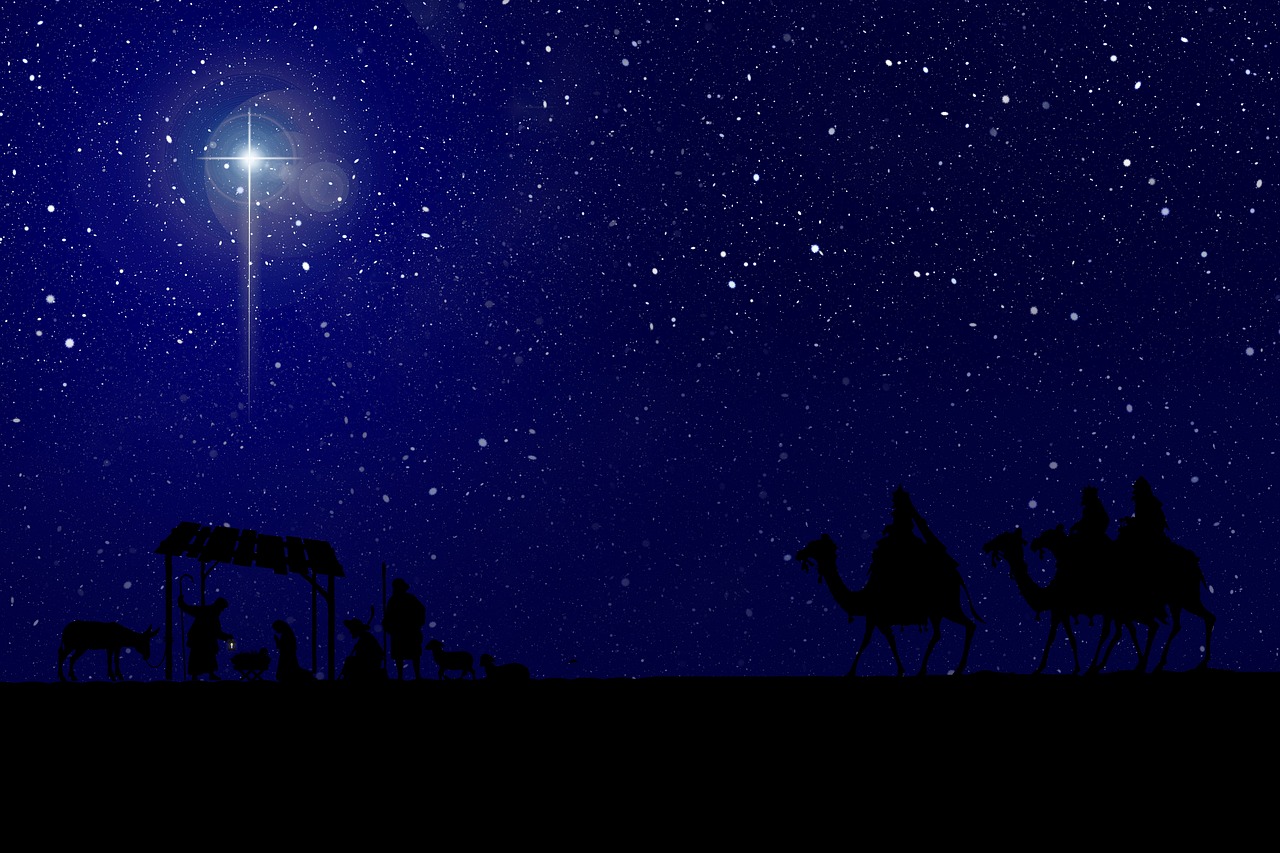Can something true become a lie? One of the biggest truths of the Holy Bible is the reality that Jesus, the Christ, came into this world as a human being, the Emmanuel (God with us, Matt. 1:23). He took on human form when he was born of a Virgin to fulfill several prophecies in the Old Testament.
Christians generally believe and accept this fact. No quarrels, no disputes, no denial that the Son of God walked the dusty terrain of the Holy Land, was mocked, scorned, and ultimately put to death by a kangaroo court fulfilling His mission to die for the sins of humanity.
Yes, that is true. Jesus, the Jewish Messiah came, was rejected by His own people, died, and was raised after “three days and three nights,” and “Who has gone into heaven and is at the right hand of God, with angels, authorities, and powers having been subjected to him,” getting ready to return on His Second Advent.
What is not true is false, we’d agree. The opposite of true is untrue or a falsehood. Here’s another truth. Jesus, the Christ, was not born on December 25, many would agree, even our pastors, bishops, and reverends. The Pope, too. In his book, Jesus of Nazareth: The Infancy Narratives, Pope Benedict XVI suggested that Jesus may have been born earlier Than December 25.
Yet, this time of the year, Christians, and non-Christians alike hear the falsehood about Christmas by celebrating the birth on a day they jolly well know he was not born. That day is not truth, it’s a falsehood, no matter how glorious and touching are the stories about the reason for the incarnation. The incarnation is true but Christmas (Day) December 25, is not the birthday of Christ. The truth is God does not want us to know the day of birth; if He wanted to, the GREAT GOD of the universe would have given us just like how He gives us His “appointed times” or Holy Days (Lev. 23) that He asks us to appear before Him. Human beings have an appointment with Him on those sacred days. God proclaimed them, “my feasts,” or “feast of the LORD,” not a Jewish or feast for Israel. He gave them to Israel simply because He was only dealing with one nation at that time. Psalm 147:19-20. “He sheweth his word unto Jacob, his statutes and his judgments unto Israel. He hath not dealt so with any nation: and as for his judgments, they have not known them. Praise ye the Lord.”
Christians are behaving as if God forgot to give them the date of Jesus’ birth, so we have to choose a day, albeit the wrong day. The Christmas celebration is now ingrained in many cultures; it will only get bigger, and have no doubt about it, Christmas is here to stay. Despite ongoing calls to “put Christ back into Christmas,” the fact is He was never in it from the beginning. What is untrue, you cannot make false, unless under deception. Christmas has gotten so huge that this untruth has become the truth. It’s regarded as holy time in some church circles, ignorant of the fact that only God can deem what is holy. God is holy. Holiness belongs to him and human beings don’t have that prerogative to determine what is holy from what is not.
On the night of the angelic pronouncement to the shepherds watching their flock, Luke tells us, “the glory of the LORD shone round about them.” Yes, God’s presence was in the disclosure about the news of Jesus’s birth, but this was not Christmas night as One preacher said recently. Christmas is an entirely different celebration because of its roots in ancient pagan rituals (see the previous article How Old Are You?). It was Pope Julius, the Bishop of Rome 337-352 A.D. who is widely believed to have officially set December 25 as the birthday of Christ and started the Christmas celebrations.
If Christmas truly honours Christ, what do the following aspects of the celebrations have to do with the Saviour of humanity:
- The Christmas Tree (the evergreen tree is known as a symbol of idolatry in the Bible
- Santa Claus
- Exchange of gifts (known to be a feature of many ancient religions)
- The yule log was used long ago in winter solstice celebrations
- Holy wreaths were made from holly and used as gifts during the Roman Saturnalia celebrations honouring Saturn, the god of agriculture.
- The Druids used the mistletoe in their pagan celebrations
- The Egyptians made cakes made from fermented fruits and placed them on the tomb of the dead.
- Excessive eating, drinking, and merrymaking, were known features of ancient pagan rituals celebrating their gods
The truth is all of these celebrations are rooted in pagan celebrations. In the eyes of God, this is false worship and God makes it clear in Deut. 12 that we should not worship Him in the same manner the pagan nations do. He detests it.
Here is what is true:
- The Bible does not mention the date of Jesus’ birth
- The early Christians, including the apostles, did not celebrate His birth
- In A.D. 200, it was believed Jesus was born on January 6
- In the 4th century, the celebration of Jesus’ birth was settled for December 25
- The December 25 date coincided with Saturnalia and the Roman god, Mithra’s birthday celebration.
When the Bible gives no directive or sanction to the birthday of YAHWEH’s only begotten Son, why should we choose the birthdays of false pagan gods to honour the GREAT GOD of all humanity? At the same, his “appointed times” given to all humanity that all nations will have to observe when His Kingdom rules from the Earth, are now being ignored for these pagan-rooted festivals. That is the big question when it comes to Christmas. The birth of Christ is already established truth, but sadly, and unfortunately, the same cannot be said for December 25 or Christmas. For more on this subject, download FREE our pamphlet, FACTS YOU SHOULD KNOW ABOUT CHRISTMAS.






Share This Article
Choose Your Platform: Facebook Twitter Linkedin